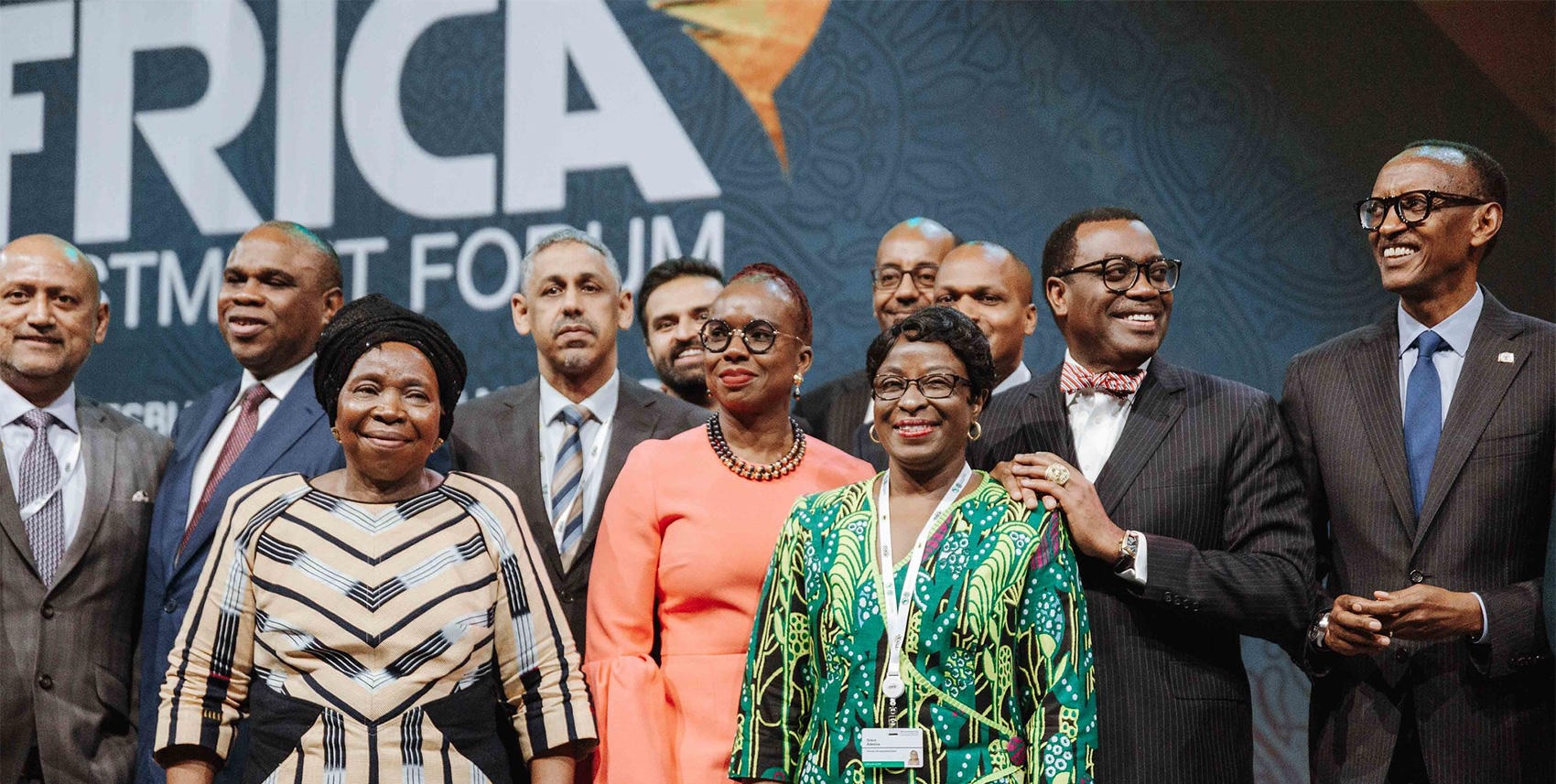
Jan 12 , 2019
Who it is that midwifed the rapprochement between Ethiopia and Eritrea is a matter of dispute among pundits in the Horn of Africa. There are just too many global and regional actors who claim to have played a decisive role in breaking the impasse stayed in place for two decades between the two neighbours.
The Americans? The Saudis? The Emirates? The reforming element in the EPRDF? Activists who fueled the popular protests? Could it even have been possible had Eritrea’s strongman ignored the call by Prime Minister Abiy Ahmed (PhD) for redemption as he had done in a number of occasions in the past? What was the most critical event, or who was it that set in motion a resumed relationship between the two warring parties?
Whatever the deal brokered and entered into between Prime Minister Abiy and President Issayas Afeworqi remains a tightly held secret. Hardly anyone apart from the two is informed enough to explain beyond guesses and contemplation, gossip observed.
The basis of the peace deal that brought to an end the military standoff between the two countries was the agreement signed in Algiers, the legitimate parent of it being the Africa Union (AU). While leaders of both countries ignored the deal signed in Algiers in their bid to gloss over the foundation of the peace deal, the AU too has been shunned, its leaders not even briefed. They blame it on the aversions of Issayas to the AU and its junior sibling, IGAD.
Getachew Reda, a member of the TPLF political bureau and the Executive Committee of the EPRDF, believes the peace deal is a child with too many parents but not one with the commitment to ensure its viability grounded in an institutionalized manner. He is hardly alone in this view, for many pundits concur with the same understanding of a deal anchored rather on the leaders’ rapport.
Gossip sees the new but obscure peace deal as an orphan.
It will be interesting to watch if and whether the rapprochement between Ethiopia and Eritrea claims a prominent place in a series of major events to unfold in the coming two weeks, gossip anticipates. The most immediate will be a meeting of the Prime Minister with the nation’s diplomats based at the home office and its missions across the world.
It will be held on Monday, trying to trash out an original white paper authored to revise Ethiopia’s foreign affairs policy in effect since the early 2000s. Talking about Eritrea and the recent development in the greater Horn of Africa will be unavoidable, gossip anticipates.
The following day will commence the Executive Committee meeting of the EPRDF, a ruling coalition which appears to be functionally faltering to hold the nation together, claims gossip. The constituent parties of the EPRDF have leaders, as well as the rank and file, busy in the business of recrimination; harbouring hostile groups against one another, they hardly have unity of purpose and action, claims gossip.
It is customary for such high-level political meetings of a ruling party to discuss follow-ups to their latest conventions. The EPRDF Congress held in the town of Hawassa in October 2018 had focused on pursuing reforms in the consolidation of multipartyism and broadening the political space, ensuring national consensus; the restoration of the rule of law to combat a growing anarchy across the country and addressing the questions of identity; and the creation of macro-economic stability to beef up productivity.
The checklist is a mixed bag, but again impossible to ignore Eritrea, claims gossip. While the record on broadening the political space shows positive ground, the country finds itself increasingly in turmoil in almost all other fronts. Nonetheless, the most prominent among these is the ever-growing polarisation between regional states and with the federal government, while the economy looks in worrying shape despite deceptive optimism from the Bretton Woods institutions, claims gossip.
PUBLISHED ON
Jan 12,2019 [ VOL
19 , NO
976]

Radar | Sep 04,2021

Commentaries | Jun 01,2019

Fortune News | Nov 11,2019

Radar | Apr 17,2021

Radar | Jan 19,2019

Radar | Dec 14,2019

Radar | Dec 19,2020

Advertorials | Mar 13,2019

Commentaries | Jul 25,2020

Fortune News | Jun 20,2020

My Opinion | 132151 Views | Aug 14,2021

My Opinion | 128561 Views | Aug 21,2021

My Opinion | 126482 Views | Sep 10,2021

My Opinion | 124091 Views | Aug 07,2021





Dec 22 , 2024 . By TIZITA SHEWAFERAW
Charged with transforming colossal state-owned enterprises into modern and competitiv...

Aug 18 , 2024 . By AKSAH ITALO
Although predictable Yonas Zerihun's job in the ride-hailing service is not immune to...

Jul 28 , 2024 . By TIZITA SHEWAFERAW
Unhabitual, perhaps too many, Samuel Gebreyohannes, 38, used to occasionally enjoy a couple of beers at breakfast. However, he recently swit...

Jul 13 , 2024 . By AKSAH ITALO
Investors who rely on tractors, trucks, and field vehicles for commuting, transporting commodities, and f...

Jul 12 , 2025
Political leaders and their policy advisors often promise great leaps forward, yet th...

Jul 5 , 2025
Six years ago, Ethiopia was the darling of international liberal commentators. A year...

Jun 28 , 2025
Meseret Damtie, the assertive auditor general, has never been shy about naming names...

Jun 21 , 2025
A well-worn adage says, “Budget is not destiny, but it is direction.” Examining t...

Jul 13 , 2025 . By YITBAREK GETACHEW
The Addis Abeba City Revenue Bureau has introduced a new directive set to reshape how...

Jul 13 , 2025 . By BEZAWIT HULUAGER
Addis Abeba has approved a record 350 billion Br budget for the 2025/26 fiscal year,...

Jul 13 , 2025 . By RUTH BERHANU
The Addis Abeba Revenue Bureau has scrapped a value-added tax (VAT) on unprocessed ve...

Jul 13 , 2025 . By NAHOM AYELE
Federal lawmakers have finally brought closure to a protracted and contentious tax de...